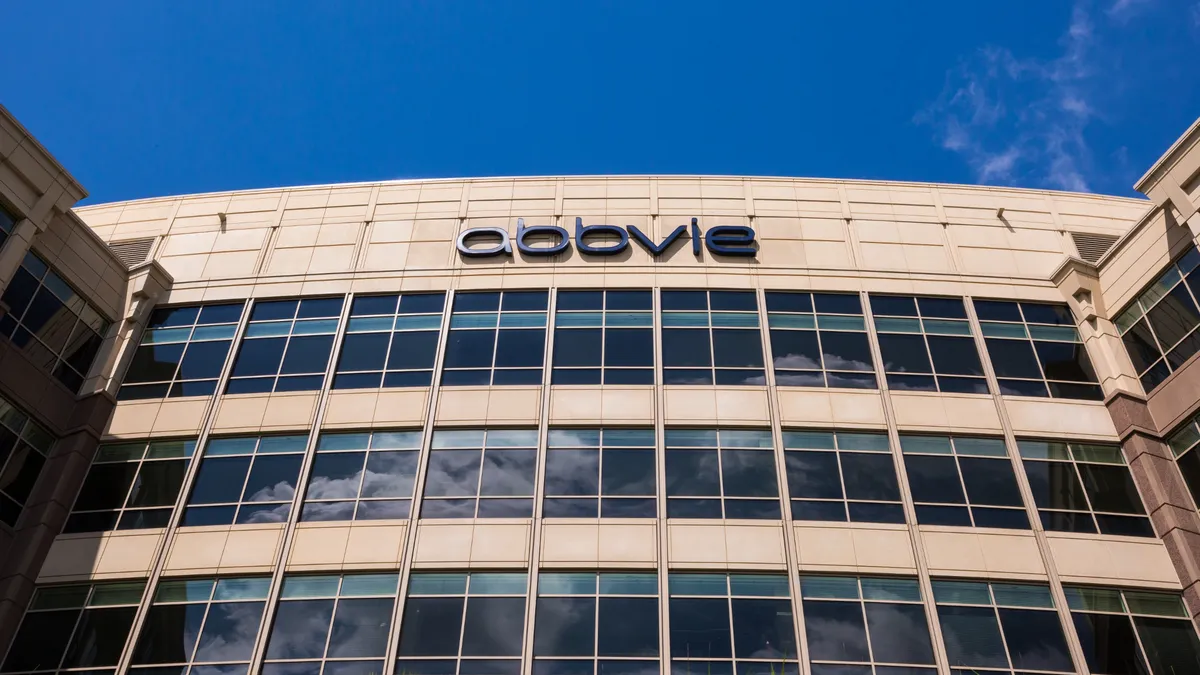People with advanced Parkinson’s disease have a new treatment option, as the Food and Drug Administration on Thursday approved a combination therapy from AbbVie that’s designed to provide longer-lasting movement control.
Parkinson’s is hallmarked by unintentional muscle movements like shaking or stiffness — the result of nerve cells progressively breaking down and dying. Two drugs, carbidopa and levodopa, have become mainstay treatments for the motor symptoms associated with the disease. AbbVie’s now-approved Vyalev pairs these medications together, but in a unique way.
Vyalev uses “prodrug” versions of carbidopa and levodopa, meaning their therapeutic effects aren’t felt until they’re metabolized. Additionally, Vyalev is the first and only levodopa-based therapy given as a 24-hour infusion, similar to an insulin pump. That could be particularly useful for people with advanced Parkinson’s, who often have trouble swallowing pills because of their impaired motor function.
“Due to the progressive nature of the disease, oral medications are eventually no longer as effective at motor symptom control and surgical treatment may be required," said Robert Hauser, director of the Parkinson's and Movement Disorder Center at the University of South Florida, in a statement from AbbVie.
"This new, non-surgical regimen provides continuous delivery of levodopa morning, day and night,” added Hauser, who has received research funding and consulting fees from the company.
AbbVie originally asked the FDA for approval more than two years ago. But twice since then, the agency has knocked back the company’s request. The first time, it wanted more information about the pump used to administer Vyalev. The second, it had problems with a third-party manufacturer listed in the approval application. AbbVie said issues at that facility did not involve Vyalev or any of the company’s other medicines.
With those problems apparently addressed, the FDA granted approval based on results from two late-stage clinical trials. One enrolled 174 participants with advanced Parkinson’s and compared Vyalev to treatment with an oral, fast-acting tablet of levodopa and carbidopa. It showed those on AbbVie’s drug experienced superior improvement in their motor fluctuations and more time with their symptoms in check.
The other trial had a yearlong study period, during which all participants received Vyalev and knew they were on that drug.
Now post-approval, AbbVie said patient access to Vyalev will depend on individual insurance plans. Coverage for patients on Medicare, meanwhile, is expected in the second half of 2025, according to the company.
AbbVie previously estimated that peak annual sales of the drug could surpass $1 billion.
Vyalev’s clearance is the second victory for AbbVie in Parkinson’s this year. In April, a medicine the company got through its nearly $9 billion acquisition of Cerevel Therapeutics delivered surprisingly strong results in a late-stage study. Researchers found the drug, called tavapadon, was better than a placebo at helping to suppress motor fluctuations and extending the time symptoms were under control.













